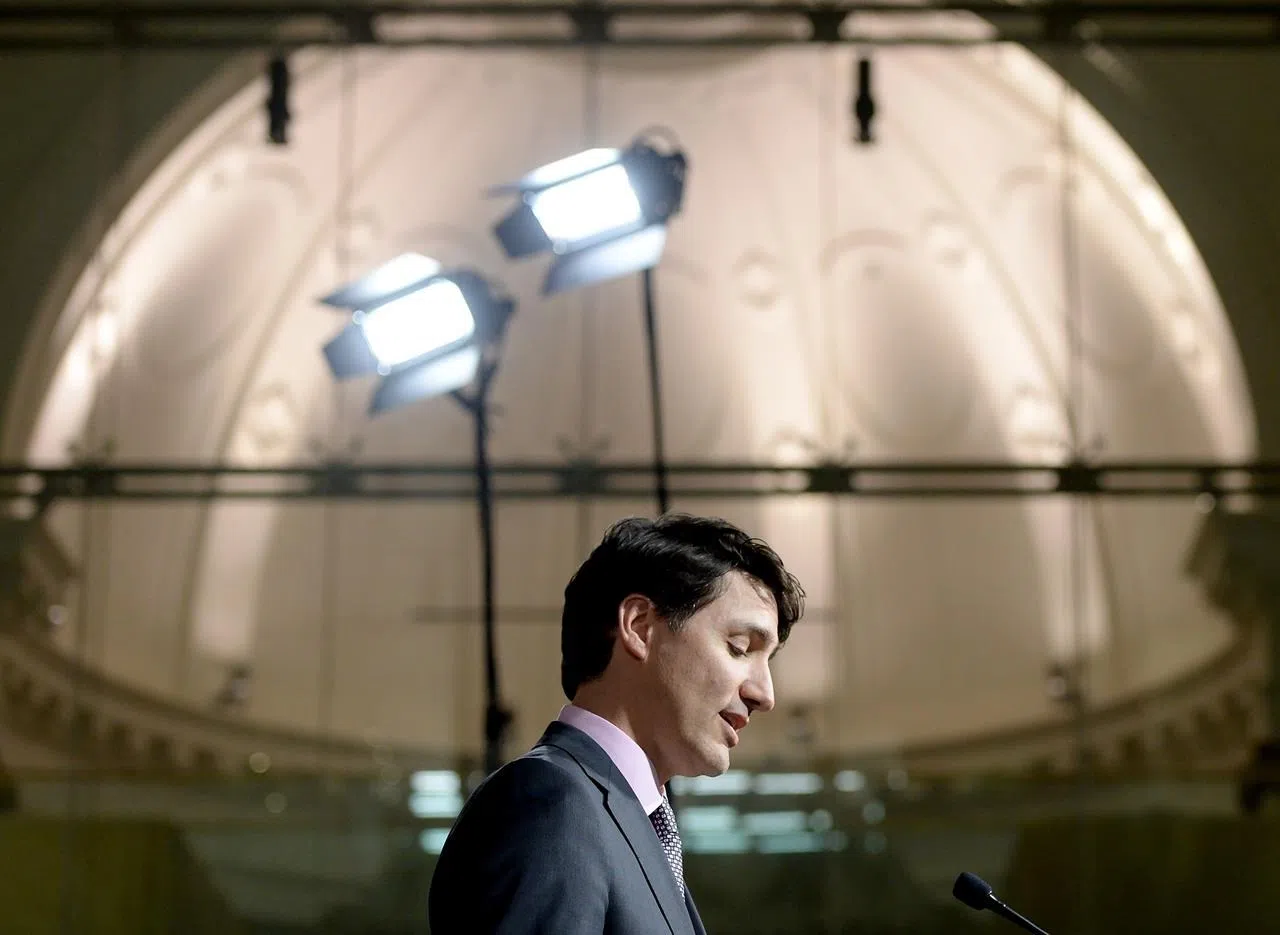
Five things we learned from Wilson-Raybould at the justice committee
OTTAWA — Five things Canadians learned from former attorney general Jody Wilson-Raybould, in her testimony Wednesday at the House of Commons justice committee.
1. Wilson-Raybould said there were at least 10 phone calls and 10 different meetings, as well as several text messages, about the SNC-Lavalin case, between her or senior members of her staff and 11 people in the Prime Minister’s Office and other departments, between Sept. 4, 2018 and Dec. 18, 2018. One of those meetings was between her and Prime Minister Justin Trudeau.
She said she began to be concerned immediately about what she viewed as pressure on her to overturn the decision not to negotiate a remediation agreement with SNC-Lavalin but that her concerns were heightened as the calls and meetings continued even after she said she had made up he mind not to arrange for a deal.
2. Wilson-Raybould was informed on Sept. 4 that the director of public prosecutions had decided not to pursue a remediation agreement with SNC-Lavalin, but rather continue with a criminal prosecution of SNC-Lavalin. She said she conducted her own due diligence and by Sept. 16 had made up her mind that she would not overrule the director’s decision or take over the prosecution herself. The law gives her the authority to do either but Wilson-Raybould said an attorney general has never taken over a prosecution and directives to the public prosecutor have been used only for general policies, not specific cases.


